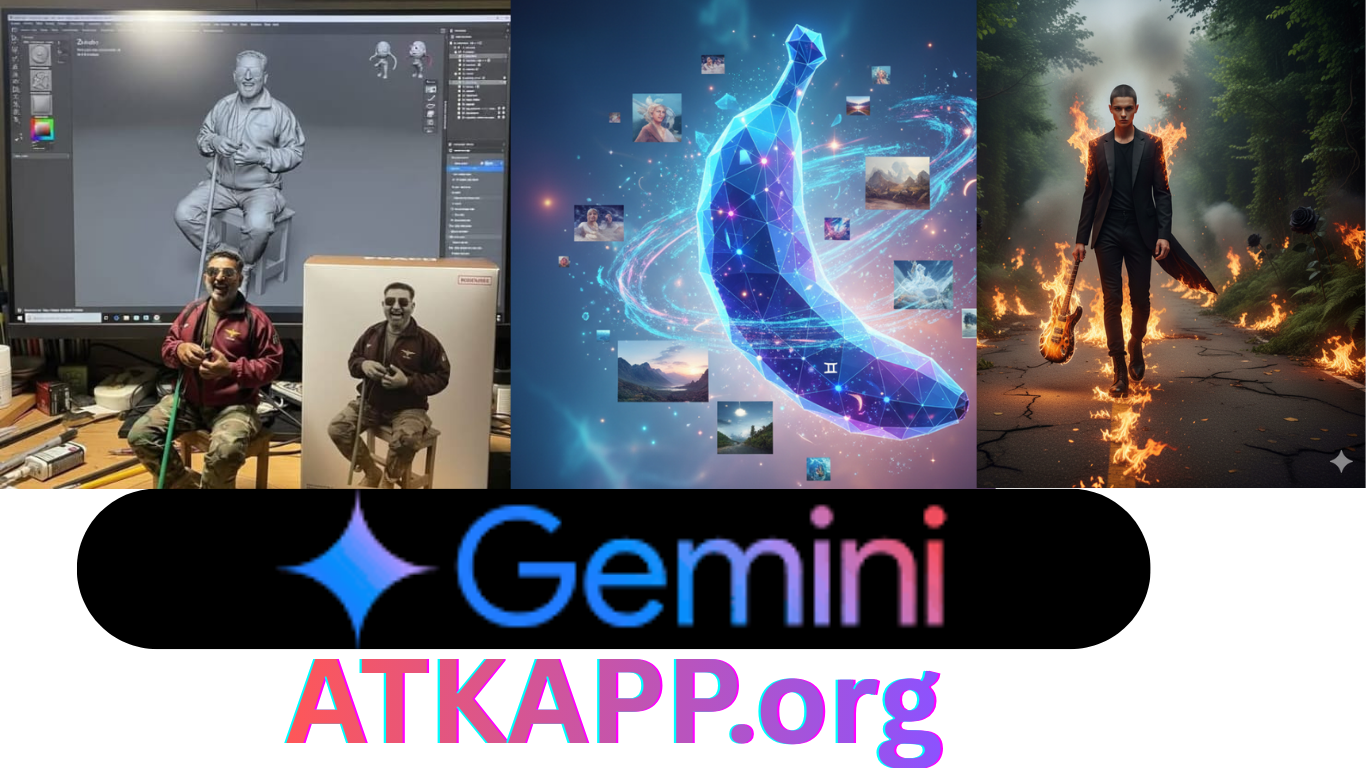“Best Free AI Courses to Master in 2025” Artificial Intelligence (AI) continues to shape the future, and 2025 is an exciting time to dive into this field. Whether you’re a beginner or looking to deepen your expertise, free online courses offer accessible ways to learn AI concepts, tools, and applications. Below is a curated list of the best free AI courses available in 2025, designed to help you master AI skills.
1. CS50’s Introduction to Artificial Intelligence with Python (edX)
Provider: Harvard University via edX
Level: Beginner to Intermediate
Duration: 7 weeks (10-30 hours per week)
Why It’s Great: This course, part of Harvard’s renowned CS50 series, introduces AI through Python programming. It covers essential topics like machine learning, Best Free AI Courses to Master in 2025 neural networks, Best Free AI Courses to Master in 2025 and natural language processing (NLP). Hands-on projects, such as building a game-playing AI, make it engaging and practical.
Key Topics:
- Search algorithms (BFS, DFS)
- Machine learning basics
- Neural networks and deep learning
- NLP and reinforcement learning
Who Should Take It: Beginners with some Python knowledge or those seeking a solid AI foundation.
Link: Available on edX’s free audit track.
2. Machine Learning by Andrew Ng (Coursera)
Provider: Stanford University via Coursera
Level: Beginner to Intermediate
Duration: 11 weeks (4-6 hours per week)
Why It’s Great: A classic in AI education, Andrew Ng’s course remains relevant in 2025 for its clear explanations of machine learning fundamentals. Best Free AI Courses to Master in 2025 It covers supervised and unsupervised learning, regression, and neural networks, with practical exercises in Octave/MATLAB. The free audit option provides access to all lectures and materials.
Key Topics:
- Linear regression and logistic regression
- Support vector machines
- Unsupervised learning (clustering, anomaly detection)
- Neural network basics
Who Should Take It: Beginners or professionals wanting a strong theoretical base in machine learning.
Link: Available on Coursera’s audit track.
3. Deep Learning Specialization (Coursera)
Provider: DeepLearning.AI via Coursera
Level: Intermediate
Duration: 5 courses, ~3 months (5-10 hours per week)
Why It’s Great: Led by Andrew Ng, this specialization dives into deep learning, a cornerstone of modern AI. The free audit track covers neural networks, convolutional networks (CNNs), and recurrent networks (RNNs). Practical assignments in Python and TensorFlow make it highly applicable.
Key Topics:
- Neural network architectures
- CNNs for image processing
- RNNs for sequence modeling
- Optimization algorithms
Who Should Take It: Those with some machine learning or programming experience aiming to specialize in deep learning.
Link: Available on Coursera’s audit track.
4. AI For Everyone (Coursera)
Provider: DeepLearning.AI via Coursera
Level: Beginner
Duration: 6 hours (self-paced)
Why It’s Great: This non-technical course is perfect for those new to AI or non-programmers. It explains AI concepts, applications, and societal impacts in simple terms. In 2025, it remains a go-to for understanding AI’s role in business and daily life.
Key Topics:
- What is AI?
- AI terminology (machine learning, deep learning, etc.)
- AI in business and ethical considerations
- Building AI projects
Who Should Take It: Non-technical learners, managers, or anyone curious about AI’s potential.
Link: Available on Coursera’s audit track.
5. Introduction to TensorFlow for Artificial Intelligence (Coursera)
Provider: DeepLearning.AI via Coursera
Level: Intermediate
Duration: 4 weeks (5-7 hours per week)
Why It’s Great: TensorFlow is a leading AI framework, and this course teaches how to use it for building neural networks. Updated for 2025, it includes practical labs in Python and TensorFlow, focusing on real-world applications like image classification.
Key Topics:
- TensorFlow basics
- Building and training neural networks
- Computer vision with CNNs
- Transfer learning
Who Should Take It: Developers with basic Python skills interested in applied AI.
Link: Available on Coursera’s audit track.
6. Elements of AI (University of Helsinki)
Provider: University of Helsinki and Reaktor
Level: Beginner
Duration: 6 weeks (5-10 hours per week)
Why It’s Great: This EU-funded course is designed to make AI accessible to everyone. It covers AI fundamentals, machine learning, and ethical implications without requiring coding skills. In 2025, it’s still a top choice for global learners.
Key Topics:
- AI definitions and history
- Machine learning concepts
- Neural networks and their applications
- AI ethics and societal impact
Who Should Take It: Beginners or non-technical learners interested in AI’s big picture.
Link: Free on the Elements of AI website.
7. Practical Deep Learning for Coders (fast.ai)
Provider: fast.ai
Level: Intermediate
Duration: 7 weeks (10-15 hours per week)
Why It’s Great: Fast.ai’s course emphasizes practical deep learning using the fastai library and PyTorch. Updated for 2025, it focuses on hands-on projects like building image classifiers and NLP models, making it ideal for coders who want to apply AI quickly.
Key Topics:
- Deep learning with PyTorch
- Image classification and segmentation
- NLP and tabular data modeling
- Model deployment
Who Should Take It: Coders with Python experience looking to build real-world AI applications.
Link: Free on the fast.ai website.
8. Google AI Crash Course
Provider: Google
Level: Beginner to Intermediate
Duration: 15 hours (self-paced)
Why It’s Great: Google’s free crash course introduces machine learning with a focus on TensorFlow and Google’s AI tools. Best Free AI Courses to Master in 2025 It includes interactive exercises and real-world case studies, updated for 2025 to reflect the latest AI trends.
Key Topics:
- Machine learning basics
- Neural networks and TensorFlow
- Bias and fairness in AI
- Practical ML workflows
Who Should Take It: Beginners or developers interested in Google’s AI ecosystem.
Link: Free on Google’s AI education platform.
Tips for Success
- Set a Schedule: Dedicate consistent time each week to complete course materials.
- Engage in Projects: Apply what you learn through hands-on assignments or personal projects.
- Join Communities: Participate in forums like X’s AI communities or course discussion boards to network and solve problems.
- Supplement with Tools: Use free resources like Jupyter Notebooks, Google Colab, or Kaggle for practice.
- Stay Updated: AI evolves rapidly, so follow X posts or blogs for the latest trends in 2025.
Best Free AI Courses to Master in 2025
Artificial Intelligence (AI) continues to reshape industries, and 2025 is the perfect time to upgrade your skills with free AI courses from top global platforms. Best Free AI Courses to Master in 2025 Whether you’re a student, professional, or tech enthusiast, these resources make mastering AI easier and more accessible than ever.
Google AI offers free courses covering machine learning, generative AI, and large language models—ideal for beginners. Best Free AI Courses to Master in 2025 DeepLearning.AI’s “AI for Everyone” is another great option for understanding how AI impacts businesses and society, Best Free AI Courses to Master in 2025 without needing coding experience. For more hands-on learning, Microsoft Learn and IBM SkillsBuild provide practical AI projects and tutorials designed to help you apply real-world techniques.
Best Free AI Courses to Master in 2025 Many learners are also turning to Coursera and edX, Best Free AI Courses to Master in 2025 where free audit options let you access top university courses without paying for certification. These platforms focus on topics like neural networks, computer vision, and prompt engineering—key skills in today’s job market.
Conclusion
Best Free AI Courses to Master in 2025 The free AI courses listed above cater to various skill levels and interests, from technical deep learning to non-technical AI overviews. By enrolling in these courses, you can gain valuable skills to thrive in the AI-driven world of 2025. Best Free AI Courses to Master in 2025 Start with the course that matches your goals, and leverage platforms like X to stay informed about new AI developments.



